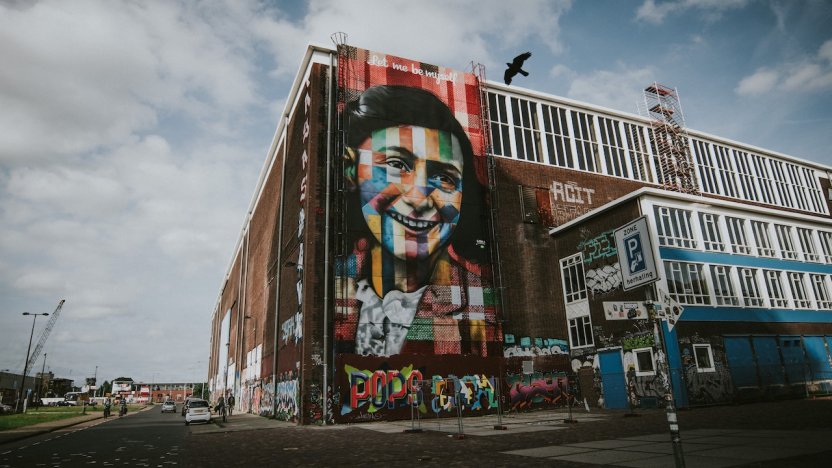Anne Frank, copyright and geo-blocking

The District Court of Amsterdam has found geo-blocking and access-restricting measures sufficient to protect the copyright of Anne Frank’s ‘The Diary of a Young Girl’, despite the fact such measures are not fully airtight. Volha Parfenchyk explains the background to the dispute.
The rights of copyright holders are not absolute and should be balanced against other interests and rights, such as the freedom of scientific research. This was the conclusion of the District Court of Amsterdam in a case brought against the Dutch-based foundation Anne Frank Stichting, the Royal Netherlands Academy of Arts and Sciences (KNAW) and the Belgian Association for Research and Accessibility of Historical Texts by Anne Frank Fonds, the Swiss-based foundation which owns the copyright on the works of Anne Frank. In its verdict from 1 February 2022 the court ruled that Anne Frank Stichting and its co-defendants could not be held accountable for the violation of copyright on Anne Frank’s works as claimed by Anne Frank Fonds.
Copyright has a national and non-absolute character
The case revolved around two legal issues that constitute two key pillars of copyright law:
- The first is that copyright law is ultimately a national right, despite the fact that copyright law has been harmonised to a significant extent in countries across the world. In other words, the scope, the duration of protection and other elements of copyright law are determined by the laws of the respective countries. It is plausible, therefore, for the copyright of a specific work to have expired in one country and not in another. This can cause problems when works are digitally reproduced online as they become accessible across national borders.
- The second crucial tenet of copyright law is that the rights of copyright holders are not absolute. According to European and indeed Dutch law (as set out in Articles 3 and 31 of the European Copyright Directive), a fair balance needs to be struck between the rights of copyright holders and the interests and rights of other individuals and the public, including the right to freedom in scientific research.
Anne Frank, geo-blocking and freedom of scientific research
Anne Frank Stichting maintains the Anne Frank House and museum in Amsterdam and undertakes scientific research on the works of Anne Frank. The works of Anne Frank have been published on a dedicated website to facilitate such research. However, it blocked visitors from countries in which the copyright on the content had not yet expired (including the Netherlands) from accessing that website using geo-blocking technology. In order to access the site, visitors have to confirm that they are located in a country in which the copyright on the works of Anne Frank has expired by ticking a special box.
Anne Frank Fonds contested the creation of this website and the publication of the works of Anne Frank on the grounds that geo-location cannot fully protect copyright as the technology can easily be circumvented; for example, through a VPN connection. It also argued that its own research on the works of Anne Frank could be jeopardised by the publication of Anne Frank’s works online.
The ruling of the District Court of Amsterdam
However, in its February ruling, the District Court of Amsterdam rejected these arguments, finding instead that:
- (1) the defendants had done everything they reasonably could to block access to the website, or at least to discourage and complicate it in the Netherlands. In making its decision, the Court noted that the defendants had used the same geo-location and access test mechanisms that are used by companies such as Netflix and Amazon for copyright protection; and
- (2) the publication of source material (in this case, the manuscripts) was a necessary part of scientific research as, without it, parties around the world would not be able to benefit from the work. In the Court’s view, prohibiting access to the research was not a proportionate response. In other words, it did not strike a fair balance between the rights of the copyright holder and the interests and rights of other individuals and the public, including the right to freedom in scientific research.
Ultimately, therefore, geo-blocking and access tests – while not yet fool-proof – were found to be sufficient tools for protecting copyright online.
For more information on this subject or for advice on protecting your work, please speak to your Novagraaf attorney or contact us below.
Volha Parfenchyk works in Novagraaf’s Knowledge Academy. She is based in Amsterdam.